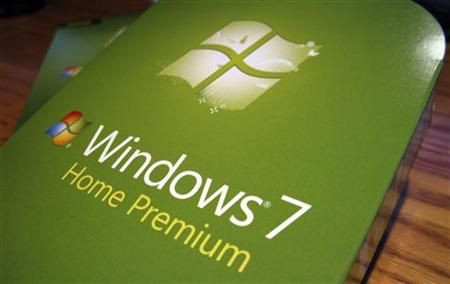Windows 7 Update: Microsoft To Stop Supporting Operating System In 2020

Users with computers still running Windows 7 – you’ve been warned.
Microsoft confirmed it will no longer support Windows 7 starting on Jan. 14, 2020, according to a post from the company. In the statement, Microsoft Germany head Markus Nitschke said the dated operating system had reached the end of its lifespan.
“Today, it does not meet the requirements of modern technology, nor the high security requirements of IT departments," Nitschke said. "As early as in Windows XP, we saw that companies should take early steps to avoid future risks or costs."
In the post (via Google Translate), Microsoft also detailed its reasoning for announcing the move:
[Windows 7] provides for higher operating costs - for example, maintenance, lost working time due to increased malware attacks, or even increased support requests. At the same time, many hardware manufacturers no longer provide drivers for Windows 7, which means that modern peripherals such as printers are no longer recognized [...] Windows 7 was developed for the wireless world of the late 2000s: two years ago the basic support of Windows 7 ended, which generally lasted five years. Since then, users still receive all the important security updates, but no new functionality. Windows 7 is based on long-outdated security architectures.
While Windows 7 was originally released in 2009, it’s still a popular operating system. According to NetMarketShare, Windows 7 had an estimated market share of 48.3 percent in December 2016.
Although the confirmed end-of-life date is targeted more for enterprise businesses, larger security issues still apply for general and corporate users. In the post, Microsoft said systems with outdated operating systems are at risk for problems like cybersecurity hacks. And as ZDNet notes, the company plans to retire its Enhanced Mitigation Experience Toolkit in 2018.
© Copyright IBTimes 2025. All rights reserved.




















